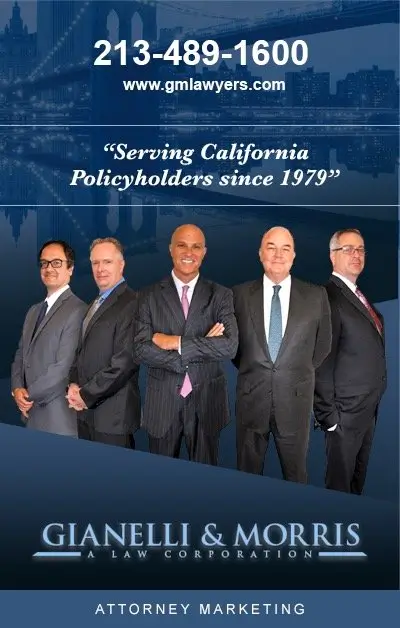Unum Life Insurance Company Told to Reform Company Practice on Evidence of Insurability

Earlier this year, the United States Department of Labor (DOL) announced that it had reached a settlement with Unum Life Insurance Co. of America regarding the company’s requirement of proof of good health for applicants.
Requiring proof of good health, also known as evidence of insurability, is a long-held standard practice across the life insurance industry. Uncontroversial on its face, the practice has fallen under scrutiny in recent years as it has come to light that insurance companies have routinely accepted applications without verifying insurability and only later – after the death of the insured – refusing to pay the claim on the grounds that it did not receive proof of insurability during the application process. These denials could come after years of accepting premium payments and are considered to be unfair, unlawful, or even a bad faith insurance practice.
The action against Unum was brought by the Employee Benefits Security Administration (EBSA), an arm of the Labor Department focused on ensuring the security of job-based benefits by regulating employment-based benefits, including retirement, health and life insurance plans, among others. The authority to regulate employment-based benefit plans comes from the Employee Retirement Income Security Act of 1974, commonly known as ERISA, which regulates and sets out many requirements for private-sector health and retirement plans, including employer-sponsored healthcare.
The settlement agreement, which became effective on May 31, covers evidence of insurability (EOI) for employees as well as an employee’s eligible dependents covered under the employee’s plan and contains a host of requirements that Unum was required to implement as of September 31. These duties include:
- Unum may not deny a claim for benefits solely on the basis that Unum did not receive or approve EOI for the employee or a dependent if Unum has already accepted premiums for 90 days or more.
- If Unum denies a claim based on a lack of EOI and has received premiums for less than 90 days, Unum must promptly refund all premium payments to the appropriate payee, be it the beneficiary, the employee or the employer.
- If Unum learns that it enrolled an employee without receiving EOI, Unum can only request EOI under certain specific circumstances.
- Going forward, Unum may not collect any premiums on a policy that requires EOI until it has been confirmed that Unum has approved EOI for the employee or dependent.
Unum is only the latest life insurance company to be called out on this practice. Last year, the DOL settled similar disputes with Prudential Insurance Co. and United of Omaha Life Insurance Co., and reached a settlement with Lincoln National Life Insurance Co. in May of this year (see, e.g. U.S. Department of Labor Settles With United of Omaha Life Insurance Co. Over Evidence of Insurability, Insurance News Desk, November 2023). The DOL is continuing to investigate evidence of insurability among other life insurance companies as well, and there is no reason to assume that this latest settlement with Unum will be the last one we hear on the matter.
Life insurance claim denials can be devastating to beneficiaries who were counting on a life insurance benefit to pay their mortgage, replace a lost income, cover funeral and burial expenses, and otherwise deal with the loss of a wage earner or a valued member of the family. A denial is not only financially distressing but emotionally painful as well when it appears the insurance company may be acting unjustly or in bad faith. Affected individuals may want to consider contacting an insurance lawyer who represents policyholders in bad faith claim denials. Over a free consultation, beneficiaries can typically find out if they have been mistreated and what options they may have to get the benefits that were paid for along with additional compensation for harm done by a wrongful denial, including punitive damages in cases involving bad faith insurance practices.



